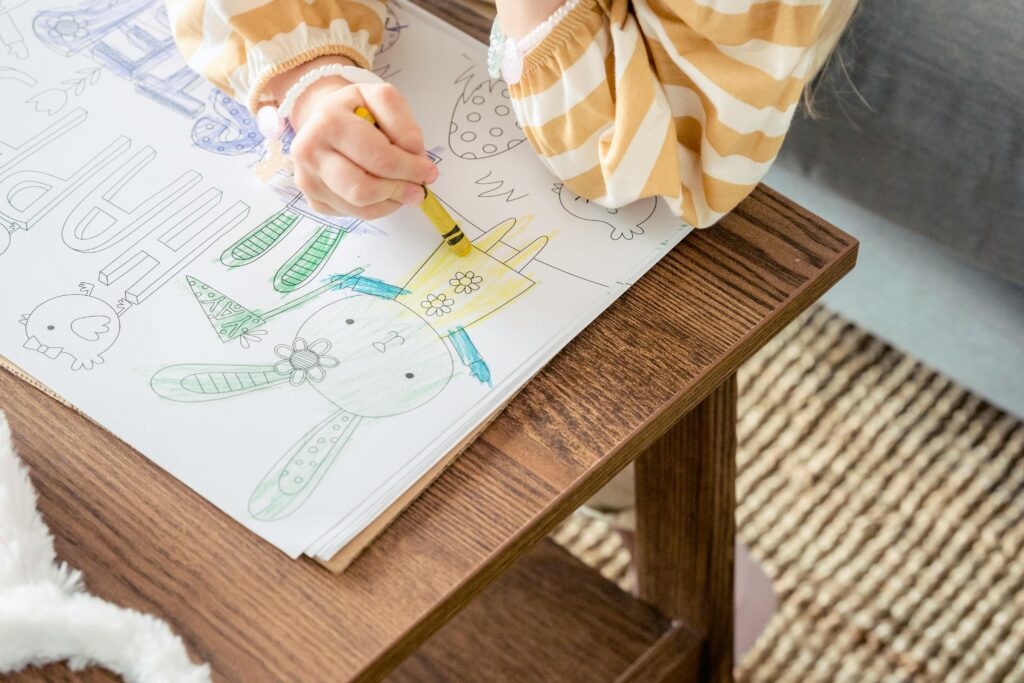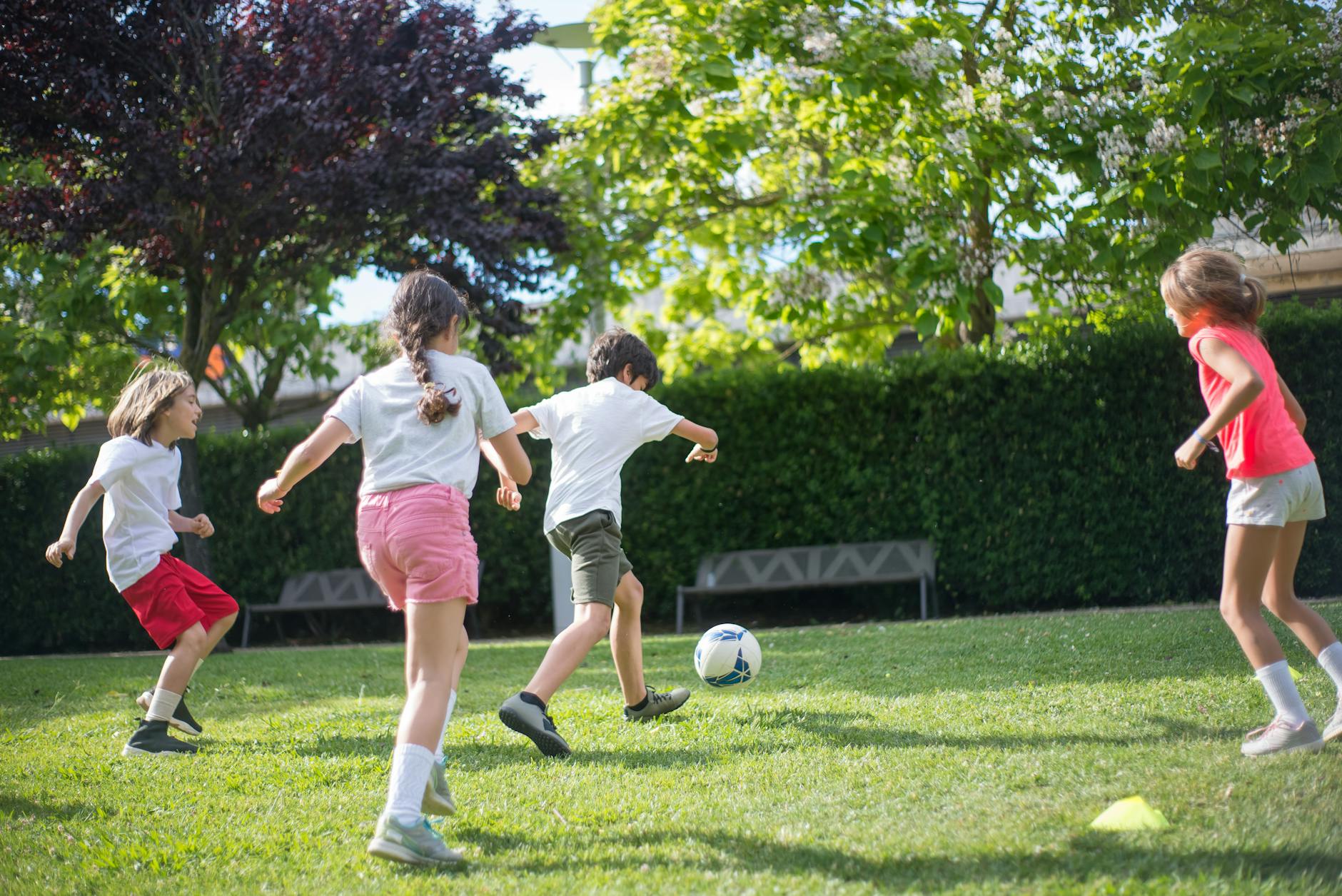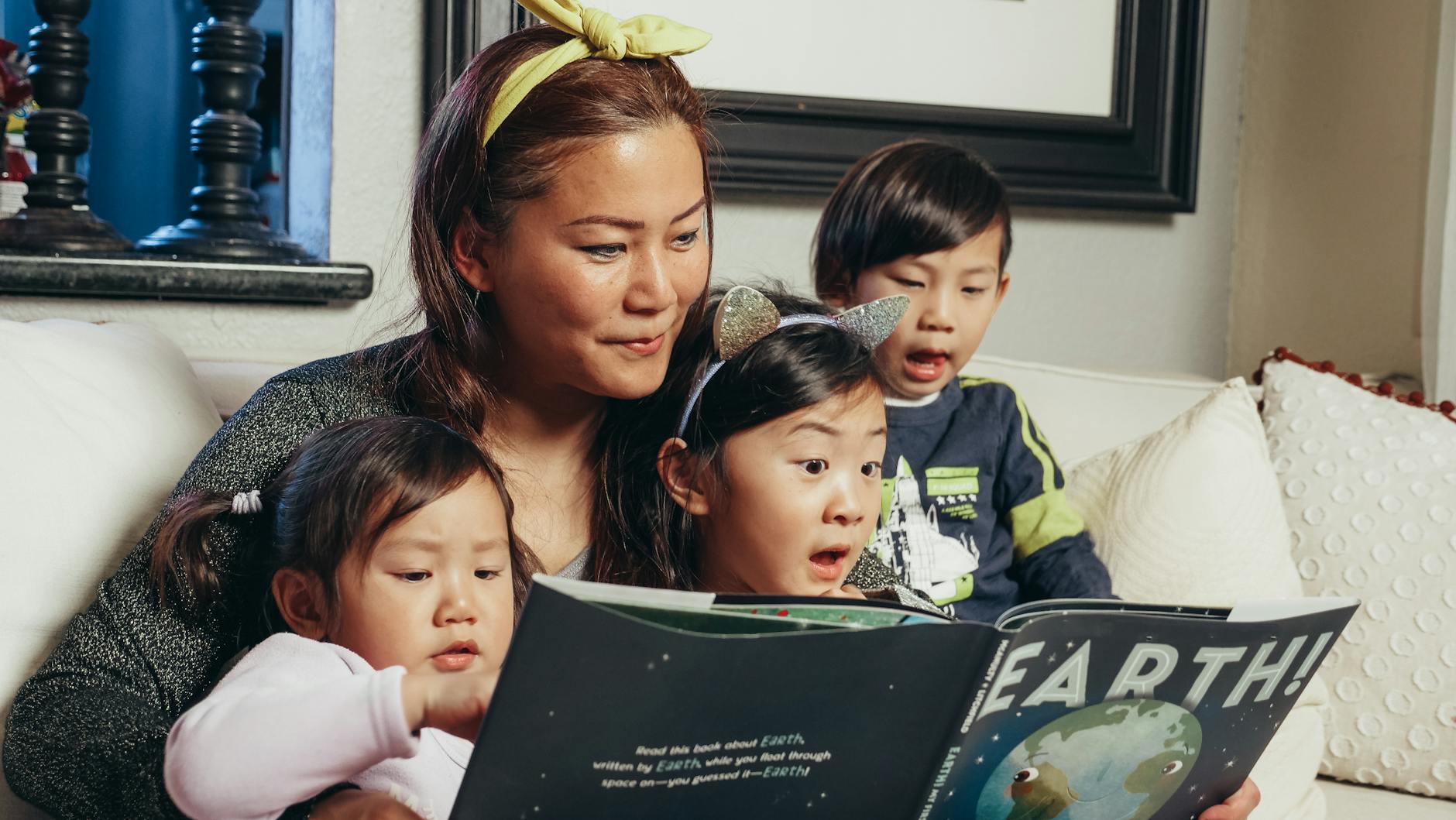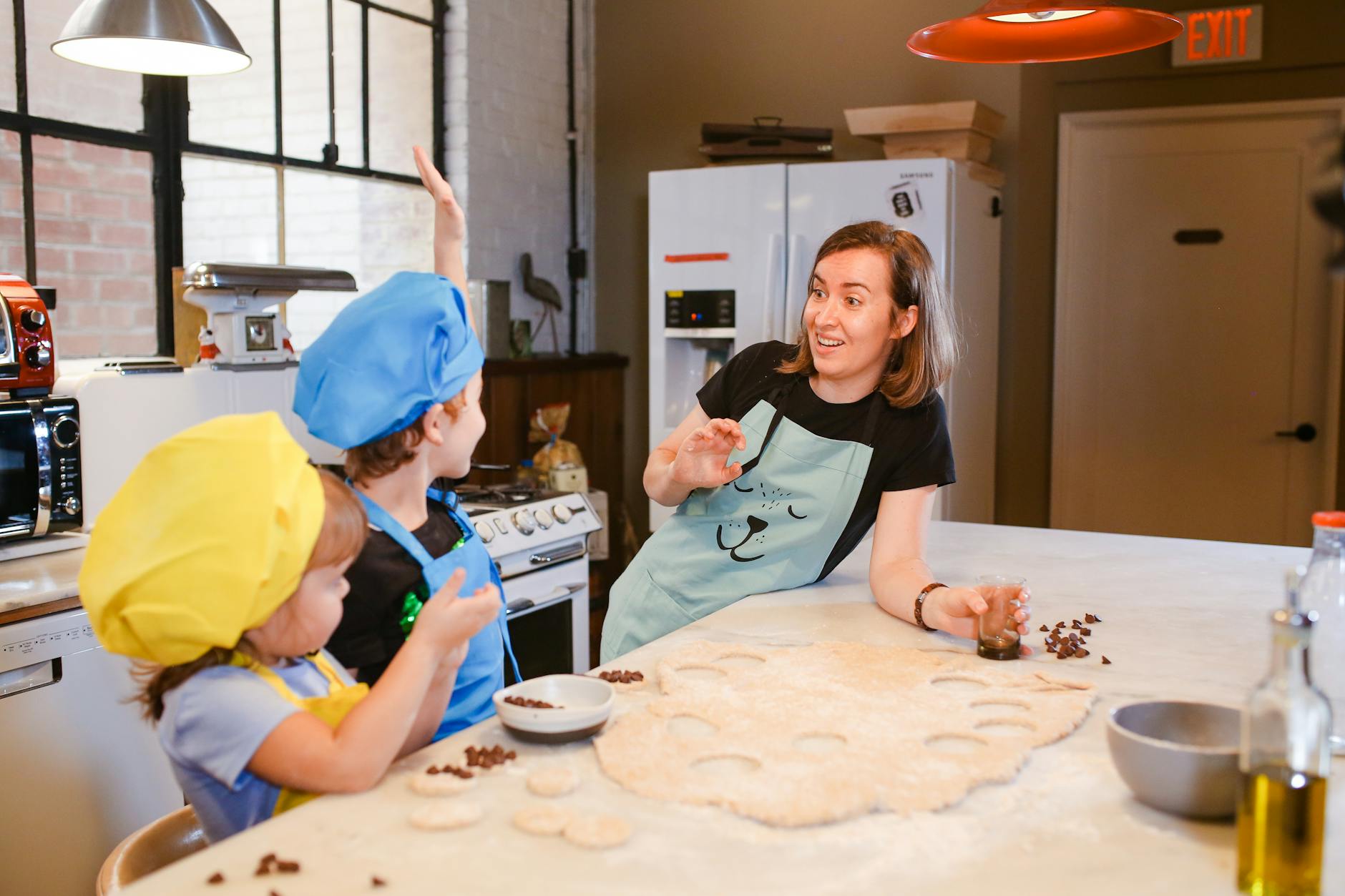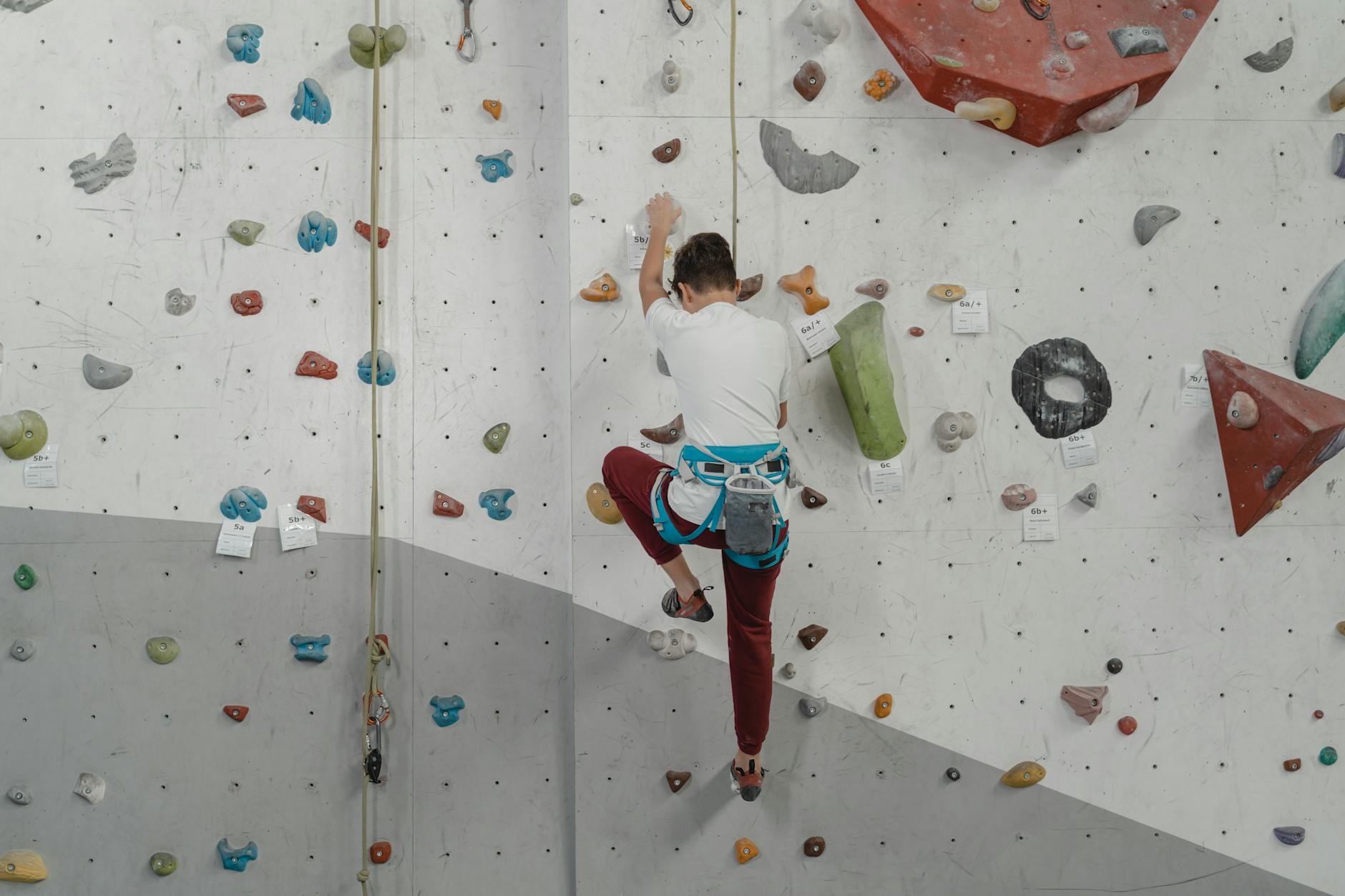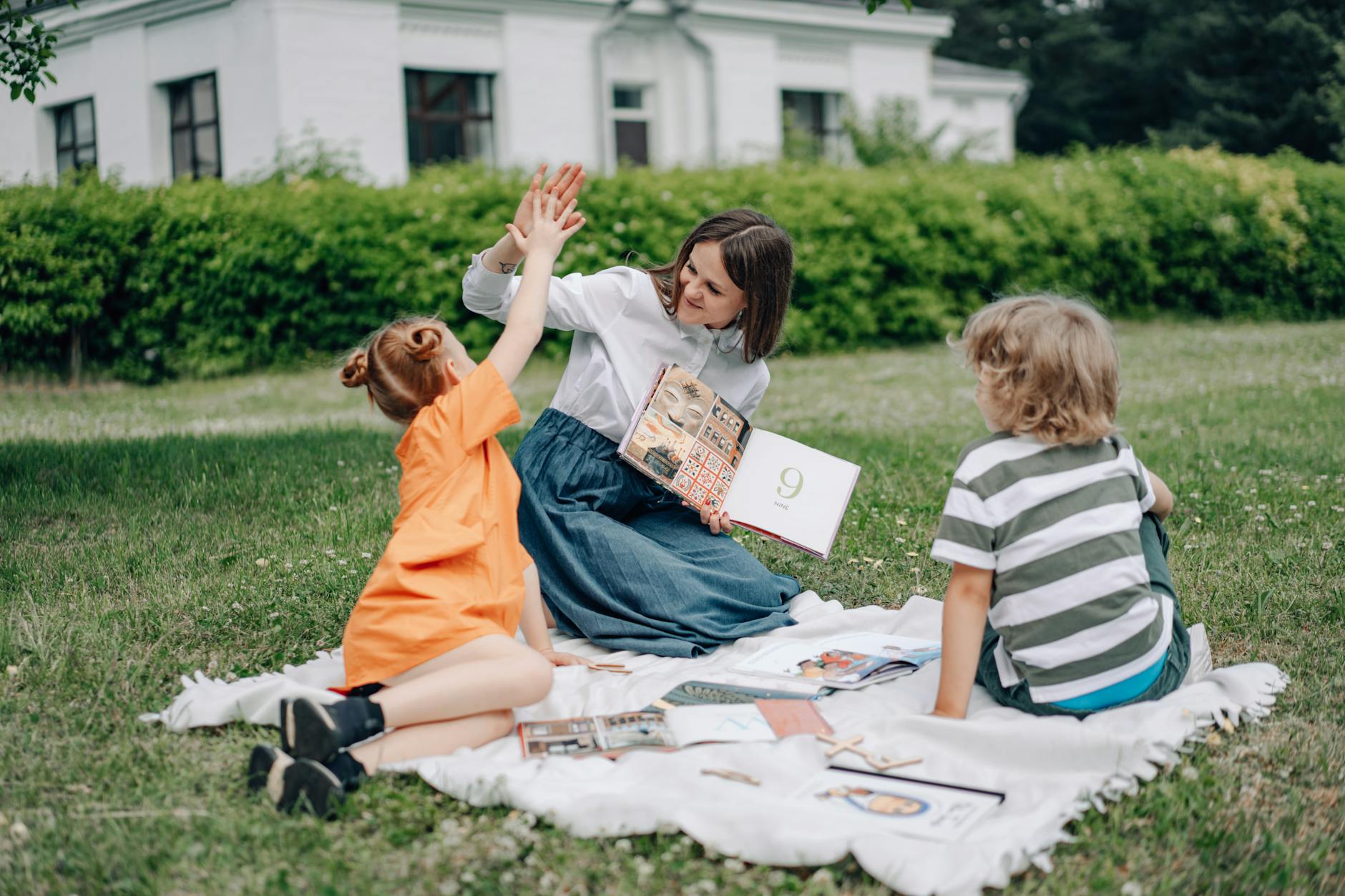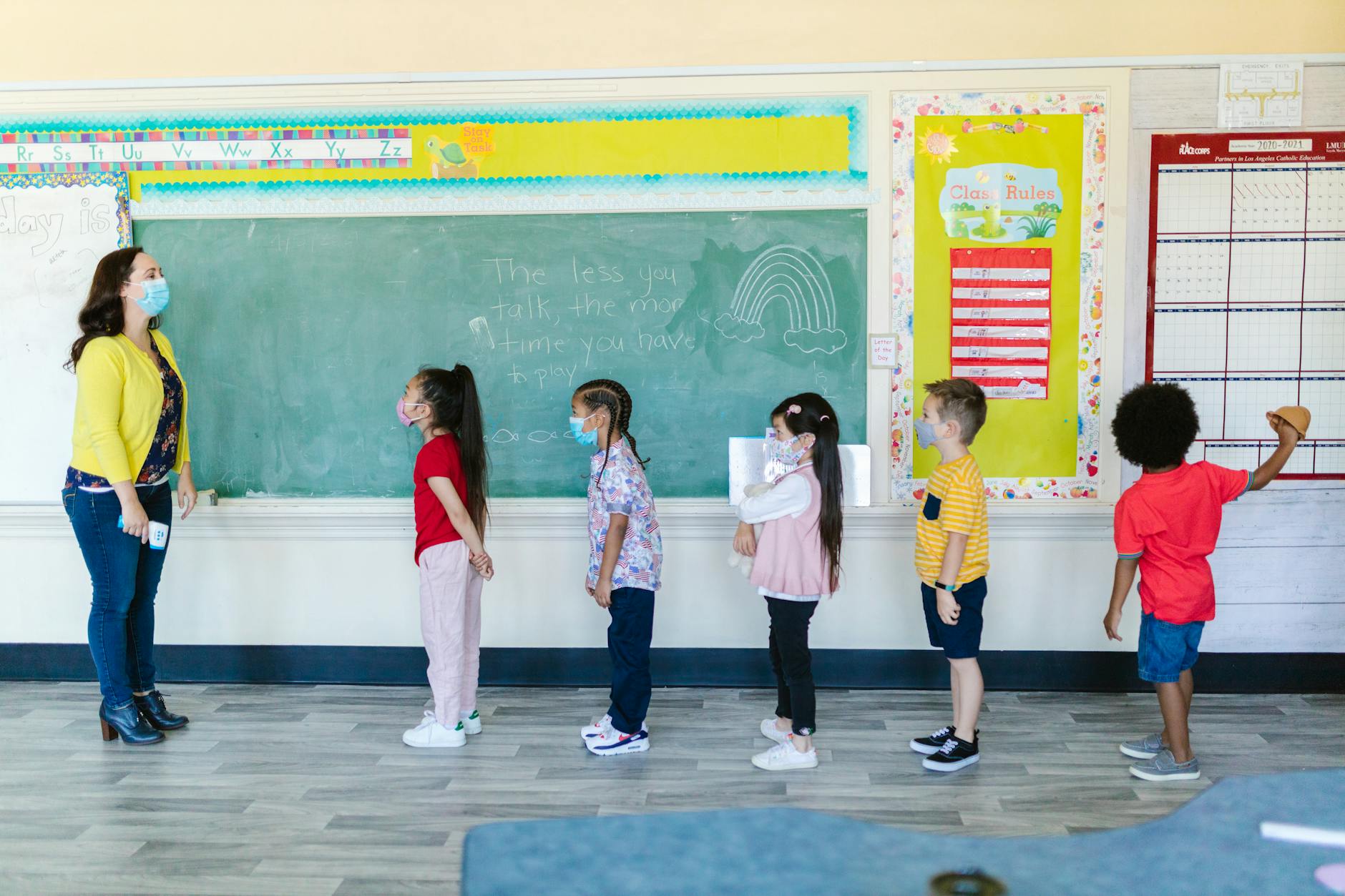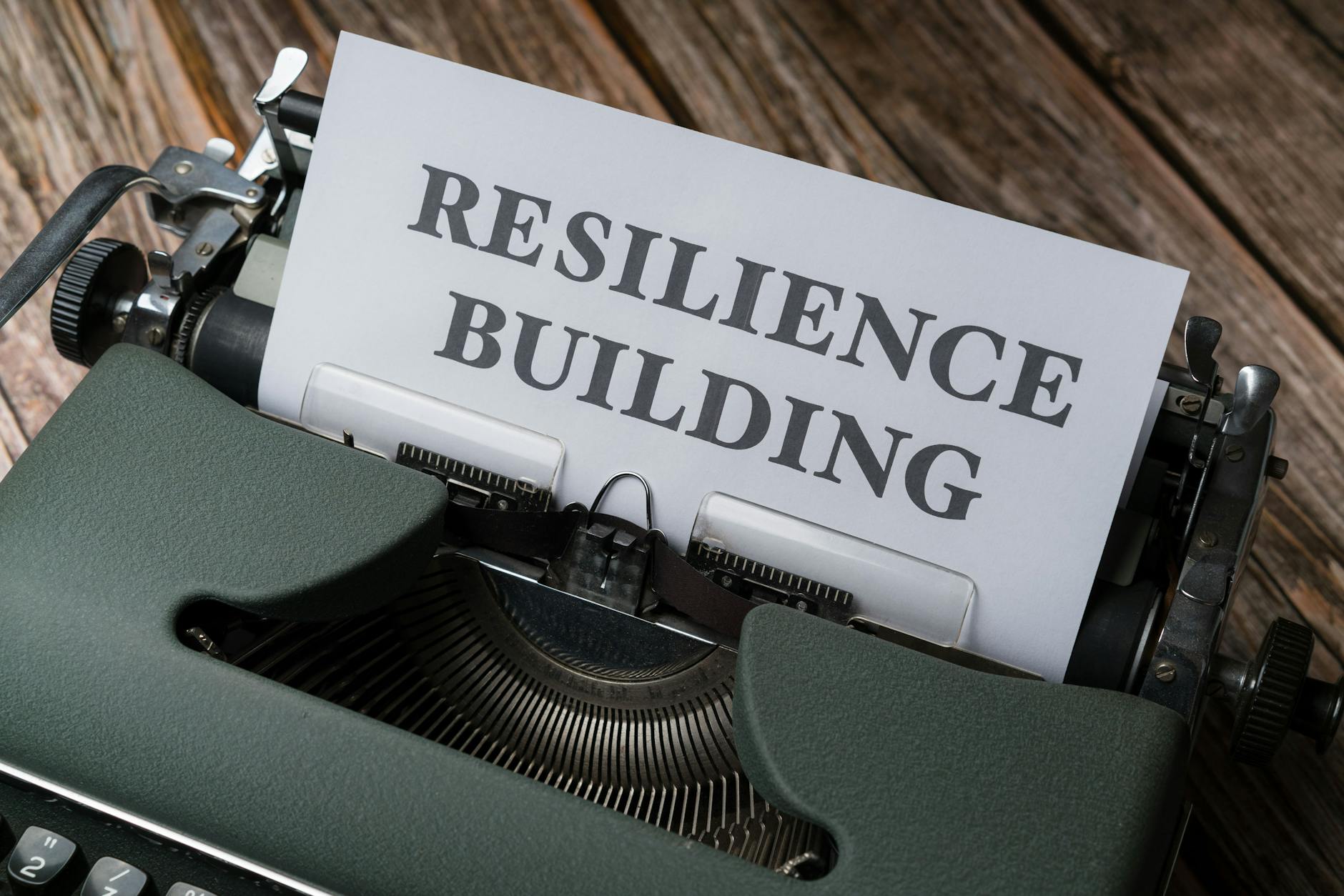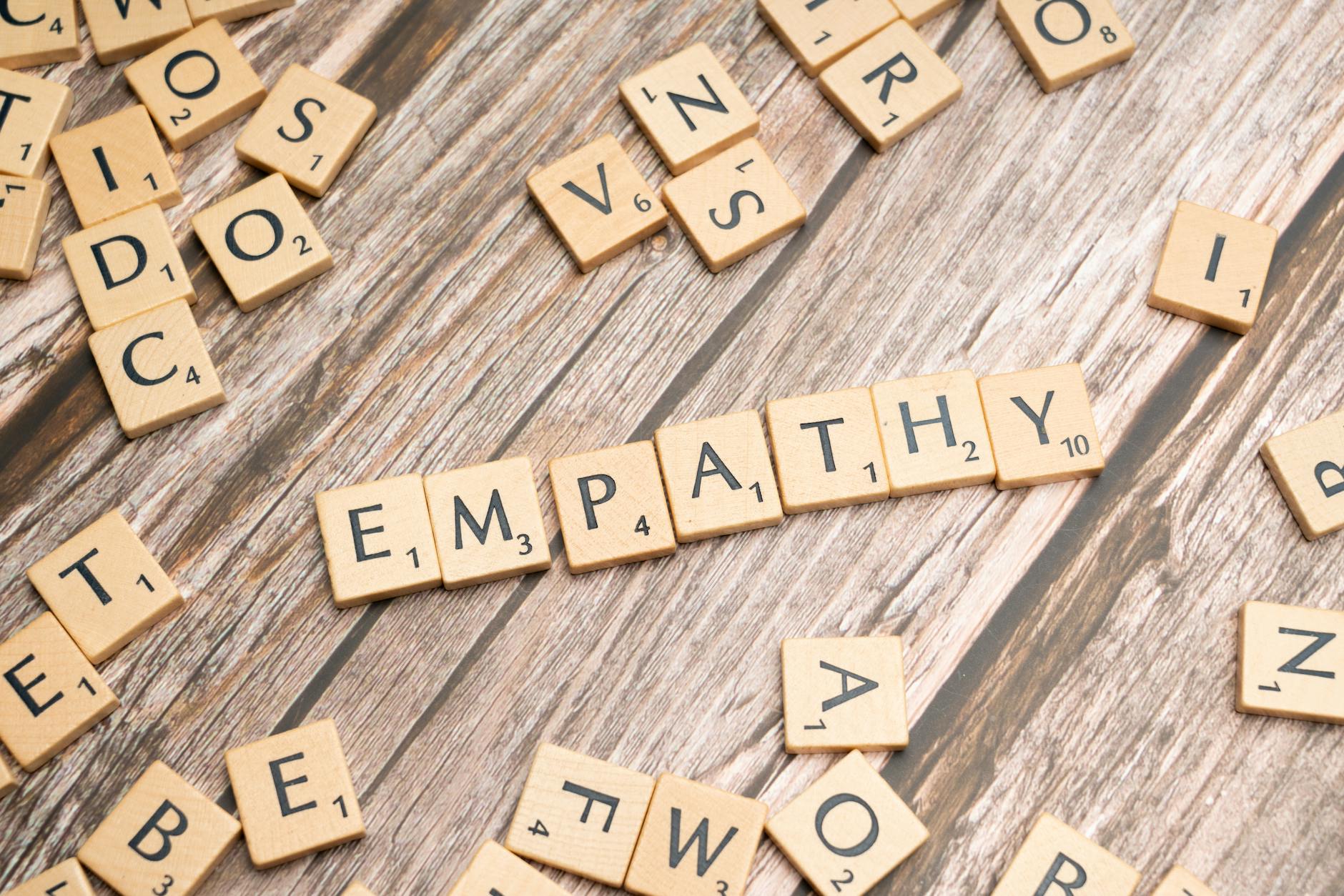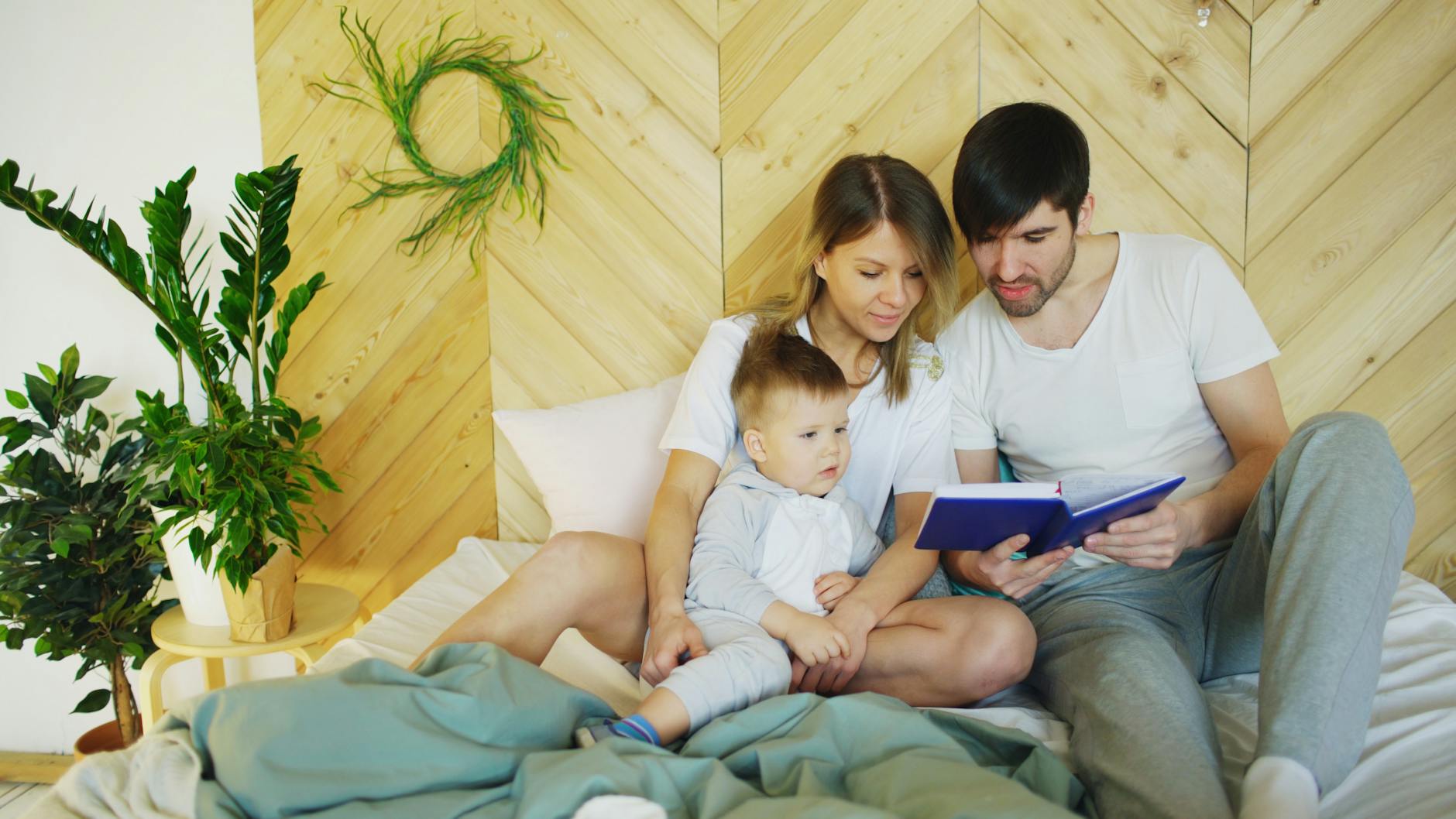Teaching children how to make decisions is important. It helps them become confident and independent. As they grow older, they will face more choices in life. If they do not learn how to decide wisely, they may rely too much on others. This can lead to poor decisions that may affect their future.
From Small Choices to Big Decisions: How Children Learn to Decide
We can start teaching decision-making even at a young age. For children aged 1 to 3, give them limited choices. For example, ask if they want an apple or a banana. Let them choose between a doll or a bear. Allow them to pick clothes from two or three options. These simple choices help them feel in control. You can also explain things in a simple way, like, “If you don’t wear your jacket, you will feel cold.”
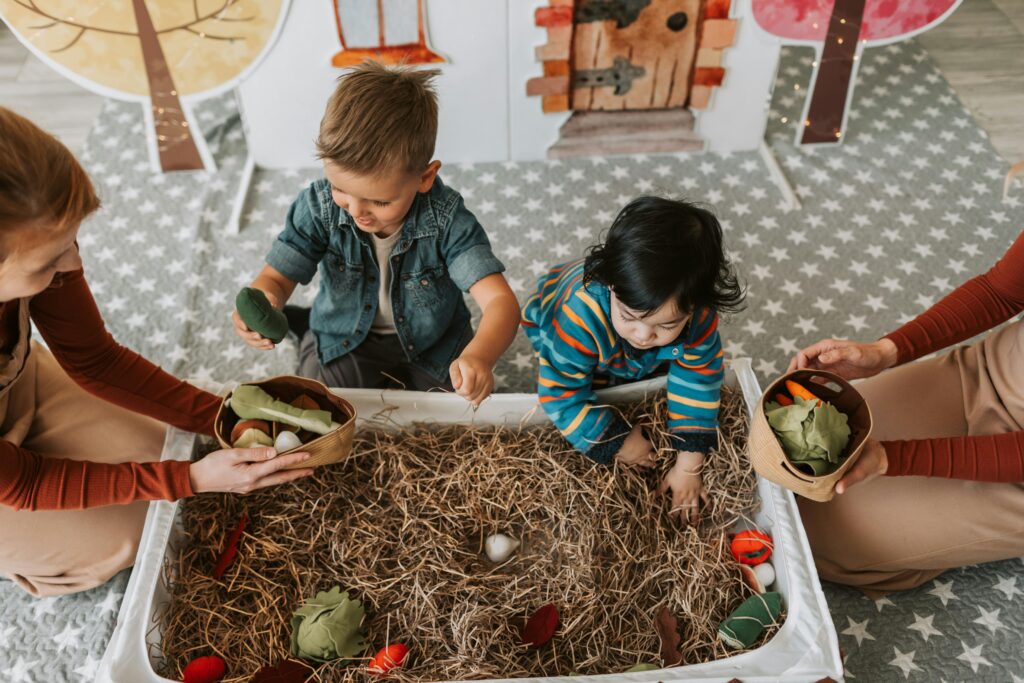
Raising Confident Thinkers: Teaching Kids to Make Good Choices
As they reach school age, children begin to understand reasoning. Now you can explain why one option is better than another. For example, “If you don’t do your homework, you may get low grades.” At this stage, it’s important to praise their thinking, not just the result. Say things like, “That was a smart choice,” or “You thought it through well.” Involve them in small family choices too—what to eat, where to go, or what movie to watch. This gives them practice and builds their decision-making skills.
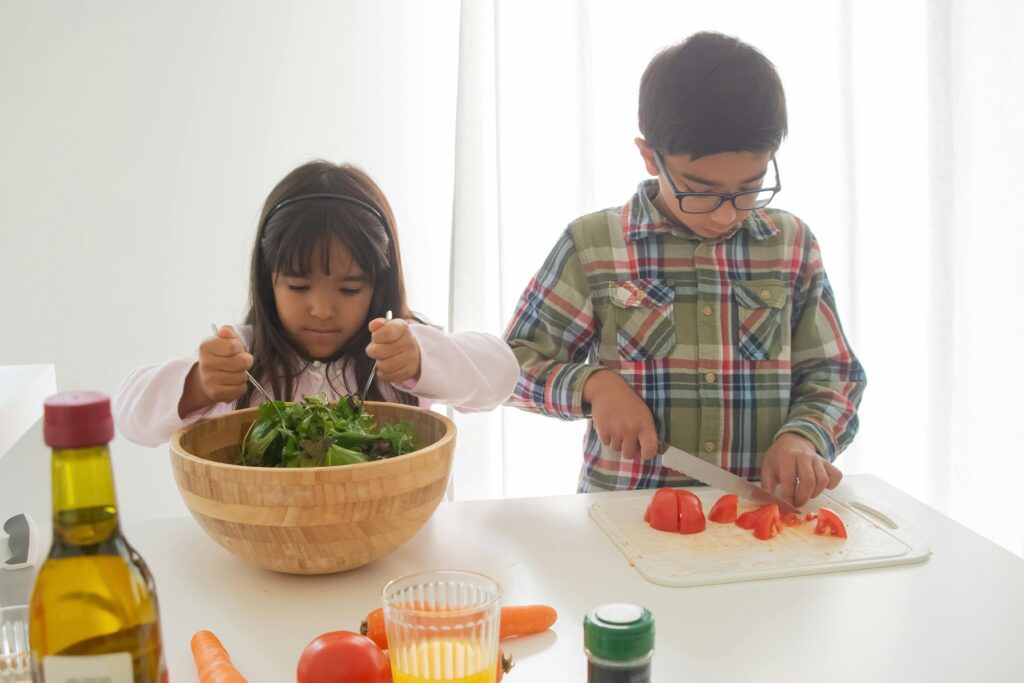
Building Independence: The Power of Decision-Making in Childhood
Teenagers are ready for bigger decisions. Let them choose their hobbies or school courses. Ask them to think about pros and cons. Guide them to reflect after making a choice. What worked well? What didn’t? What can they do better next time? Help them connect their decisions to their personal values and family values. This helps them stay true to themselves.
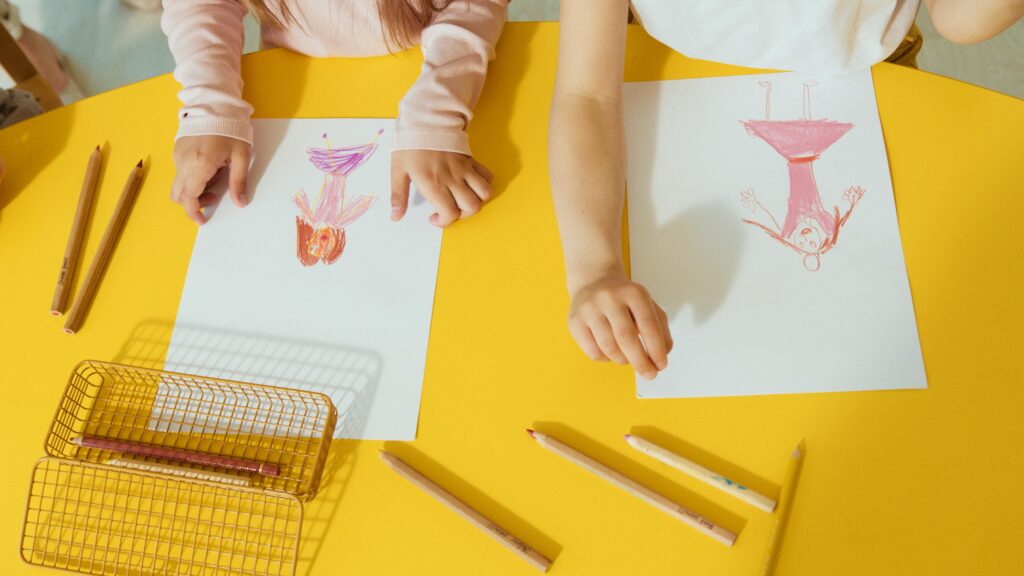
Here in MILCHEL, we teach MILCHELians how to make decisions through their daily activities. For example, in Indulge, they plan games and activities together. They start with many suggestions, then discuss and choose what works best for their group’s needs and goals. After the event, they reflect on what decisions worked and what didn’t. Sometimes, they need to make quick choices on the spot—this is even more challenging than when they have time to plan. These experiences help them grow more confident, as they see the results of their decisions. The lessons they learn stay with them as they continue their journey in MILCHEL and in life.
In summary, children can learn how to make good decisions at every age. Start with small choices and grow from there. Use simple cause and effect with young kids. Teach reasoning and involve school-aged children in everyday decisions. With teens, allow bigger choices and deeper thinking. Support them with questions, praise, and reflection. This way, they grow into thoughtful and responsible adults.



